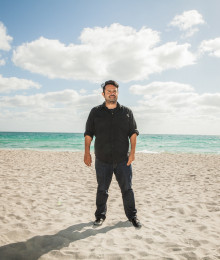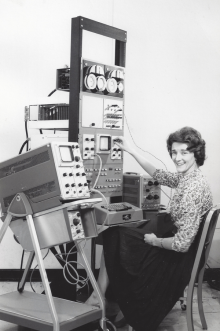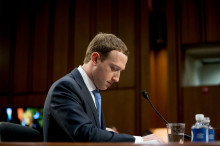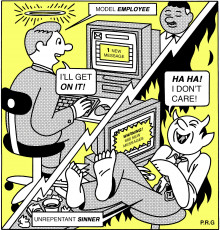What Price Successful Kids?

Few issues have dominated the media as much as the recent stories about affluent and famous parents cheating the system to get their kids into elite colleges.
These revelations have sparked outrage and have prompted many to question whether America is still a meritocracy. I wonder myself.
More stories of blatant cheating hit the news every day and many suggest we may just seeing the tip of the iceberg. Others point out that it’s not just the rich and famous who do almost anything to ease the path for their kids.
Easing the path is good as far as it goes: Not allowing kids to play in dangerous neighborhoods, taking advantage of specialists in school if a child is having trouble with reading or other subjects, being thoughtful regarding which friends they pick – those are all okay for most.
But today, the term “helicopter parent” has been replaced by another one, “snowplow parent,” those who keep their children’s futures obstacle-free — even when it means crossing ethical and legal boundaries.
Here’s how a recent article that addressed the issue began:
Nicole Eisenberg’s older son has wanted to be a star of the stage since he was a toddler, she said. He took voice, dance and drama lessons and attended the renowned Stagedoor Manor summer camp for half a dozen years, but she was anxious that might not be enough to get him into the best performing-arts programs.
So Ms. Eisenberg and others in Bloomfield Hills, Mich., the affluent suburb where she lives, helped him start a charity with friends that raised more than $250,000 over four years.
“The moms — the four or five moms that started it together — we started it, we helped, but we did not do it for them,” Ms. Eisenberg, 49, recalled. “Did we ask for sponsors for them? Yes. Did we ask for money for them? Yes. But they had to do the work.”
She even considered a donation to the college of his choice. “There’s no amount of money we could have paid to have got him in,” Ms. Eisenberg said. “Because, trust me, my father-in-law asked.” (Ms. Eisenberg’s son was admitted to two of the best musical theater programs in the country, she said, along with nine more of the 26 schools he applied to.)








